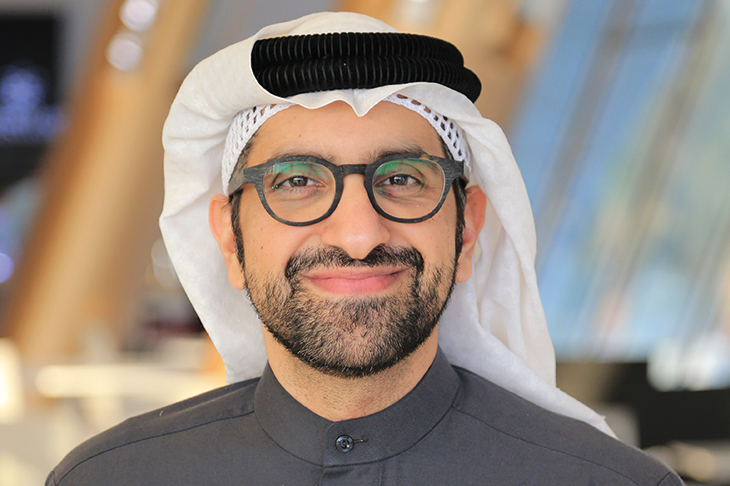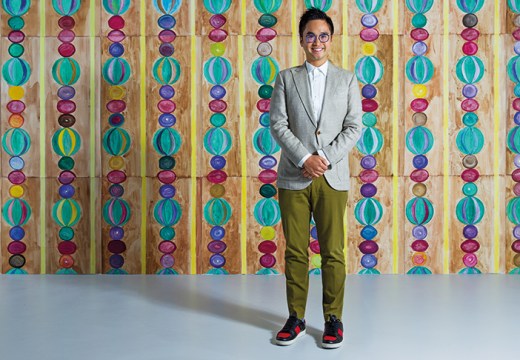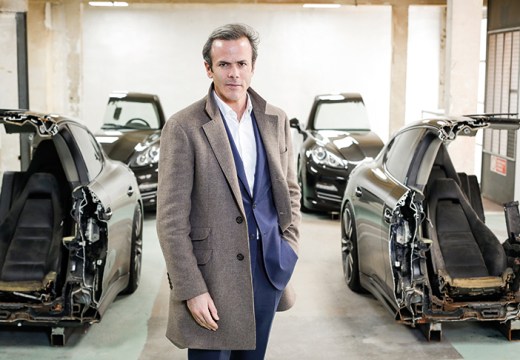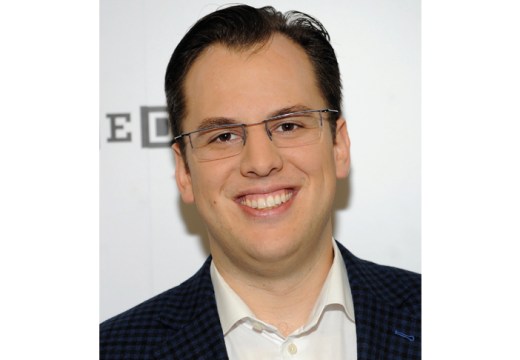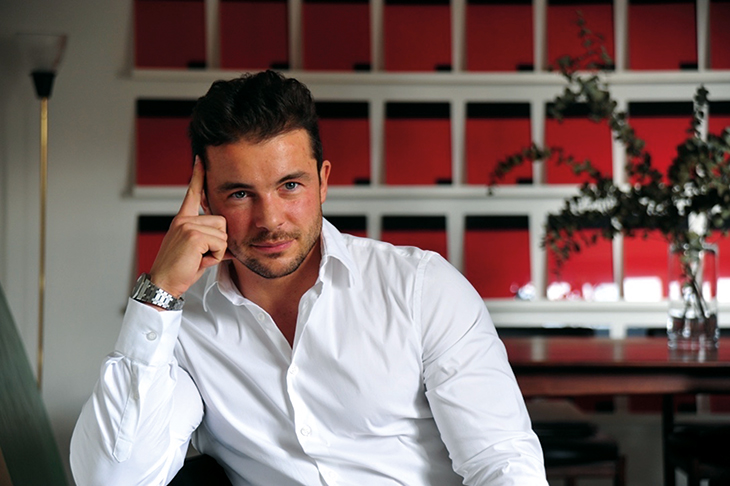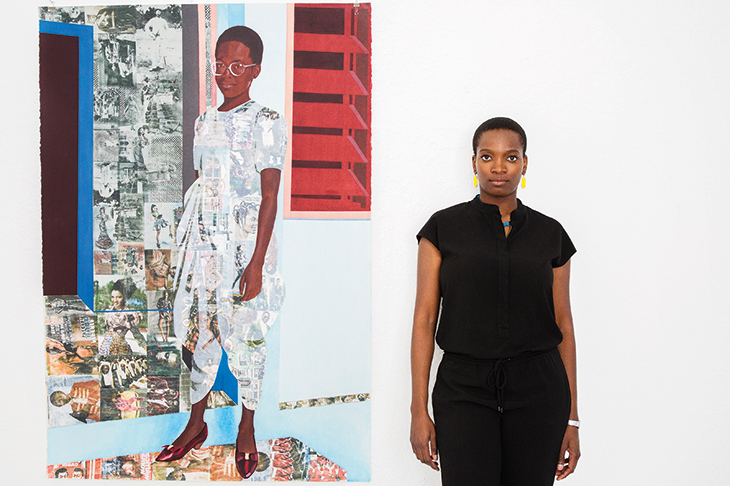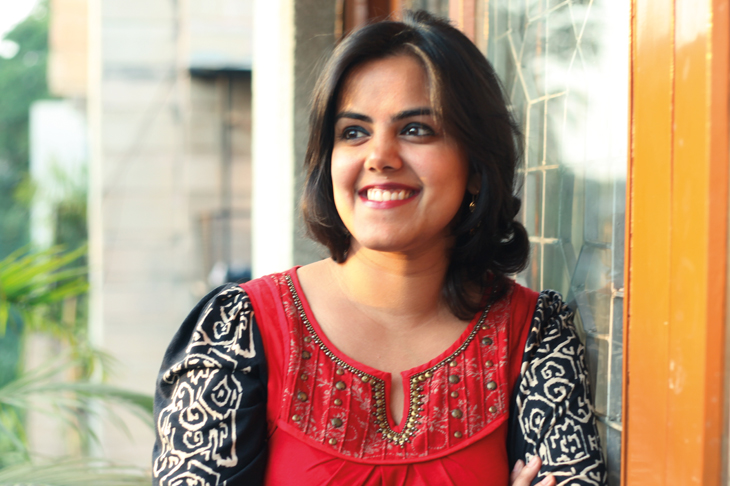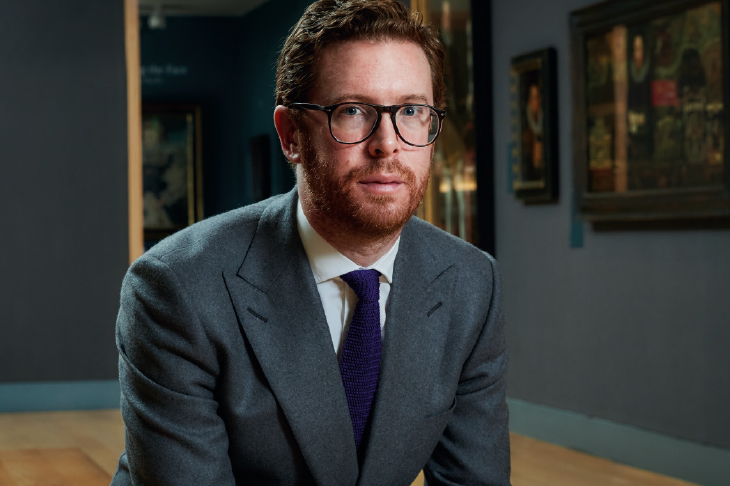39 | Sharjah, United Arab Emirates
Sheikh Sultan Sooud Al Qassemi belies stereotypes. That he is a member of Sharjah’s powerful ruling family is possibly the least interesting thing about him. During the Arab Spring, Al Qassemi gained a reputation as an outspoken political commentator on Twitter. Today, he has more than half a million followers, yet on his profile he describes himself modestly as a ‘columnist, art & architecture enthusiast’. A pioneering collector and champion of modern and contemporary Arab art, he established the Barjeel Art Foundation in Sharjah in 2010. Barjeel’s aim is twofold – to show Middle Eastern art to an international audience but also to chart the modern art history of the region, providing an educational resource for people to learn about an art-historical field that has for too long seemed obscure and has been little documented.
‘I like to narrate stories about the Arab world,’ Al Qassemi says. ‘Whether that’s through writing, art exhibitions, TV shows or teaching at a university, there’s a common thread of demystifying it.’ He wants to change the narrative from a negative tale of destruction and conflict ‘to something where there is creation, the production of art and culture’. This, he believes, is as much a mystery to Middle Easterners as to the West: ‘We don’t know our own histories.’
Al Qassemi wears many hats: collector, commentator, journalist, TV presenter. He recently made a series of short programmes for Al Jazeera’s online channel AJ+ explaining works of art in layman’s terms. ‘Introducing people to Arab art in the Arabic language is very important to me,’ he says. While his own taste as a collector is for politically engaged works, the Barjeel Art Foundation’s current exhibition series, ‘Beloved Bodies’, looks at depictions of the human body – ‘bodily encounters, including romantic and spiritual love, political oppression and gendered marginalisation’. ‘I like to broach topics that aren’t usually broached,’ Al Qassemi says. ‘For instance, I’ve written about how the UAE are naturalising some foreigners who are living here, about atheism, and about the gradual shift over the last two decades of the centre of gravity in the Arab world from the traditional capitals of Cairo, Damascus and Baghdad to the emerging Gulf cities – in both economic and cultural terms. That was very controversial.’
After studying international business administration at the American University of Paris, Al Qassemi returned to the UAE. His father had recently suffered a stroke, and as part of the rehabilitation process, Al Qassemi started researching exhibitions to stimulate his mind. ‘Some of the earliest exh-ibitions we went to were in Sharjah and Dubai in 2000–01. That was when the seed was planted,’ he says. In 2003 he started collecting, and in 2007 co-founded Meem Gallery, a commercial gallery in Dubai of which he is still a partner. He also began sharing images of works on social media, and such was the reaction that he decided to open a permanent exhibition space – the Barjeel Art Foundation.
Although the collection has now outgrown this space, Al Qassemi prefers to ‘put money in rare and available work than in concrete’. He actively sets up loan exhibitions abroad, ‘to disseminate and showcase Middle Eastern art as widely as possible’, and believes it ‘better to have a dynamic collection that travels’. From 2015 to early 2017, the Whitechapel Gallery, London, held a series of four exhibitions of highlights from the Barjeel Art Foundation, curated by Omar Kholeif. Together, they constituted the largest historical presentation of Arab art to have been shown in the UK. In 2017 alone, there have been exhibitions at Yale University Art Gallery, the Institut du Monde Arabe in Paris, Bard College, New York, and the Jordan National Gallery in Amman. In early September, a show considering the use of technology in conflict opened at the American University Museum, Washington, D.C.
Al Qassemi’s own reputation as an authority on modern and contemporary Middle Eastern art is also growing. This July, he joined the MCA Chicago’s board of trustees and became co-chair of its new Global Vision Initiative, promoting art from the Middle East, South Asia, Africa, and Latin America. But of everything, Al Qassemi is most proud of recently having been invited to teach a course on the politics of Middle Eastern art at New York University (NYU), an admission he admits ‘is a little bit vain’. It felt ‘like a culmination of a decade of writing, lecturing, collecting, exhibiting, and meeting people. It was like downloading information from all the scholars I’ve been lucky enough to meet. Very little came from me, it was from meeting and reading them, so I want to give them credit. For the entire time, I was on cloud nine. My feet never touched the ground.’
Anna Brady
See more 40 Under 40 Global Collectors
Unlimited access from just $16 every 3 months
Subscribe to get unlimited and exclusive access to the top art stories, interviews and exhibition reviews.

